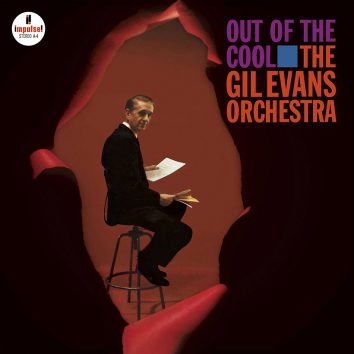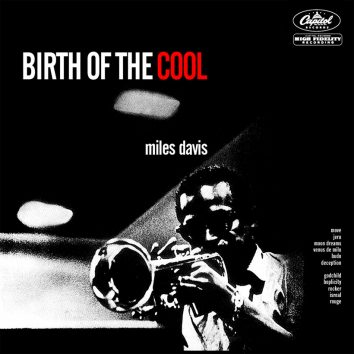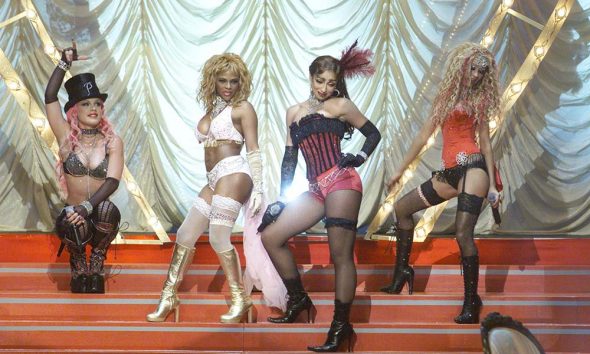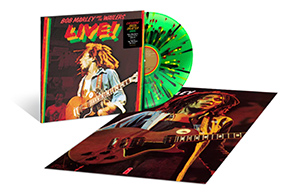Barclay James Harvest
Barclay James Harvest are one of the foremost exponents of Prog Rock; having established their credentials on their 1970 debut recording for the coincidentally named Harvest label.
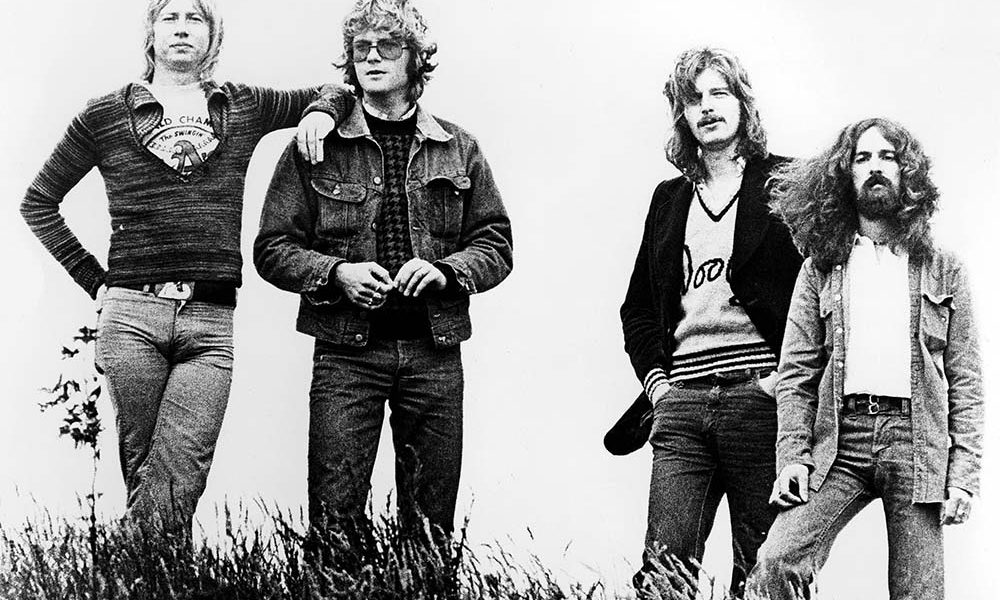
For some they are “the Poor Man’s Moody Blues“, but there’s nothing poor about Barclay James Harvest; it was their use of the mellotron that in part accounted for the comparison. Truth is they are one of the foremost exponents of Prog Rock; having established their credentials on their 1970 debut recording for the coincidentally named Harvest label. Such was their comfort with “the Poor Man’s Moody Blues” epithet that they even recorded a song of that name and very good it is too.
Formed in Saddleworth, Yorkshire, in 1966 by John Lees, Les Holroyd, Stuart “Woolly” Wolstenholme and Mel Pritchard, Barclay James Harvest recorded their first single in 1968 and the following year began work on their self-titled debut album – Barclay James Harvest – at Abbey Road that came out in the summer of 1970; several of the tracks feature a symphony sized orchestra. The following year they followed it with Once Again, again with a symphony orchestra, that included their monumental, ‘Mocking Bird’ and the delicate ‘Galadrial’. For their third album and their second to be released in 1971, Martyn Ford was drafted in to oversee the complex orchestrations on Barclay James Harvest and Other Short Stories, with tracks like ‘After the Day’ and ‘Medicine Man’ it took the band to yet another level of Baroque-laden consistently skilful songwriting. Baby James Harvest (1972) became the band’s fourth and last album for Harvest. Like its predecessors, it sold well, but not in enough quantities to trouble the album charts. The standout track is the Beatles influenced, ‘One Hundred Thousand Smiles Out’.
Come the summer of 1974 and BJH had signed to Polydor Records, on the face of it a risk for the label, given the band’s lack of strong sales. It was to prove a risk well worth taking when their fifth album, Everyone Is Everybody Else, proved to be an artistic, if not a complete sales success upon its release. It includes John Lees’ ‘Child of the Universe’, which has come to rival ‘Mocking Bird’ as one of their best-loved early songs. The album also helped to enhance the band’s growing reputation in Continental Europe. In the same year, they also achieved their first chart success when Live made No.40 on the album charts.
In 1975 the band decamped to San Francisco for three months to record Time Honoured Ghosts, which was produced by Elliot Mazer, best known for his work with Neil Young. It’s a subtle change of direction with a less mellotron-laden sound and a greater emphasis on the vocals. For many, the most beguiling track is ‘Titles’ with lyrics that are entirely made up of Beatles song titles and with musical idents that reference many of the Fab Four’s finest records. There is one track, ‘Beyond The Grave’, which has all the hallmark keyboard motifs for which the band was justly famous. It is an outstanding track that could easily have been recorded by Mercury Rev, several decades later.
Their 1976 album, Octoberon, continued their move away from the keyboard-heavy sound – aside from ‘May Day’, the album also generally plays down their vocal harmonies. It nevertheless made the UK album Top 20 and became the highest-charting album of their career to date. The standout track, for many, is ‘Rock ‘N’ Roll Star’, with its Poco-like harmonies, which made the singles chart the following year when it was the featured track on the Live EP that just crept into the Top 50. It was taken from their 1977 Live Tapes album that is a fantastic affair, full of what made Barclay James Harvest such a popular touring band.
Also in 1977 the band released Gone To Earth, their eighth studio album, which included ‘Poor Man’s Moody Blues’ and the gorgeous, bombastic and epic, ‘Hymn’; both are written by John Lees. In spending seven weeks on the UK album chart it was the longest run of any of their studio albums. But this is nothing when compared to the album’s success in Germany where it peaked at No.10 and stayed on the charts for 197 weeks – making it the 6th longest-running album in German chart history.
1978’s XII is another album that is less keyboard-centric, all except the beautiful ‘In Search Of England’, which was written by Woolly Wolstenholme and became something of a swansong, in that it was the last album on which he played. He left the following year to become a farmer. Given their popularity in Germany, it was perhaps appropriate that the standout track on the album was the stripped-down ‘Berlin’ – a city still divided by a wall.
For their first post-Wooly album, both Lees and Holroyd shared the keyboard duties as well as playing the guitars. Eyes of the Universe includes Holyroyd’s ‘Love on the Line’, which has the distinction of being their first studio single to chart in the UK, albeit a lowly No.63. In 1981, along came Turn of the Tide, which is, as to be expected, another stripped-down sound with songs like ‘Life is For Living’ being the apex of their approach. The album closes with ‘In Memory of Martyrs’, which harks back to their earliest days with its grandiose subject matter, and a steadily building circularity that features Lees lead vocals that all culminates in the kind of chorus every BJH fan love.
For their third live album, A Concert for the People (Berlin), recorded at the Reichstag is naturally more reflective of their sound, without the mellotron. The epic ‘Mockingbird’ is way more intimate and the production is too. The album closes with a majestic version of ‘Hymn’ and it’s one of those live albums that work so well – no doubt in part because by this point in their career the band were veterans of the road and had their chops down perfectly. To this end it spent 11 weeks on the UK chart and made it to No.15 – none of their albums performed better.
For their 12th studio album, Ring Of Changes, everything was written either by Lees or Holroyd and it is distinctly in the mould of the two previous studio albums, the title track sparkles, yet it lacks the strong melodic hook of many of their previous offerings.
It’s a similar comment that can be levelled at Victim of Circumstance (1984), which is a solid album that spent six weeks on the UK chart; the title track is the best of the bunch. 1987’s Face To Face was originally to be called, Elements, although there’s not a track with either title on the album. ‘Prisoner of Your Love’ is the opening and strongest track, along with ‘Alone at Night’; both tracks, like rest of the album, have an American AOR feel to them.
In 1988 along came another live album, Glasnost, which was recorded the previous year in East Berlin, before the wall came down. It includes a great version of ‘Poor Man’s Moody Blues’, along with a rocking ‘Medicine Man’ and an excellent ‘Love on the Line’.
In 1990, Welcome to the Show, studio album number fifteen, included a song called ‘John Lennon’s Guitar’ that refers to the night at Abbey Road Studios in late 1970 when the band recorded ‘Galadriel’, on which Lees played John Lennon’s Epiphone Casino guitar.
For the best of material to be found on their last two studio albums, Caught in the Light (1993) and River of Dreams (1997), then Sea of Tranquility (The Polydor Years 1974 – 1997) is the go-to album. This three-CD set tells the story of the band’s greatest successes, along with alternate takes and live versions of some of the best-known songs. For a shorter introduction to the band then 1985’s The Compact Story of Barclay James Harvest is perfect or 2013’s Child of the Universe – The Essential Collection is a two-CD offering of their standout tracks.
In 1998 the band split in two, becoming John Lees Barclay James Harvest and the other, unsurprisingly, was Barclay James Harvest featuring Les Holroyd; Mel Pritchard stayed with the latter group until his death in February 2004. Woolly Wolstenholme committed suicide in December 2010, after struggling with depression for some years. Both incarnations of BJH remain active, touring and recording.
Words: Richard Havers





